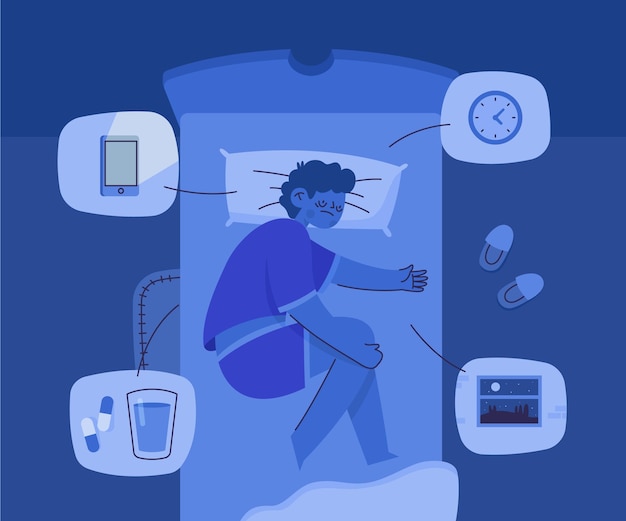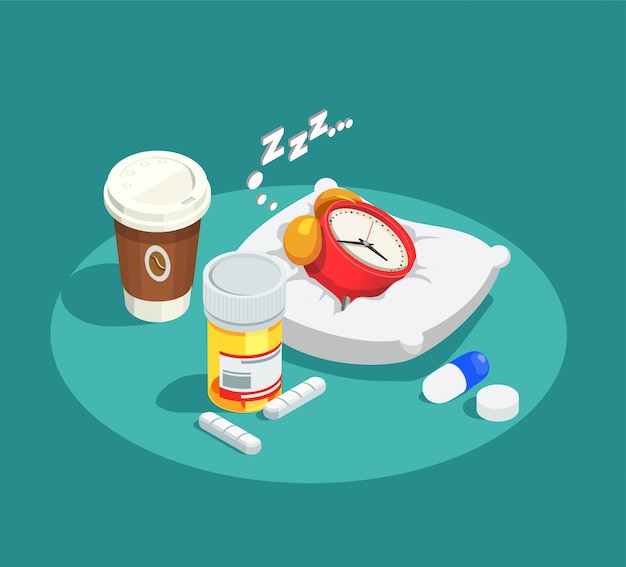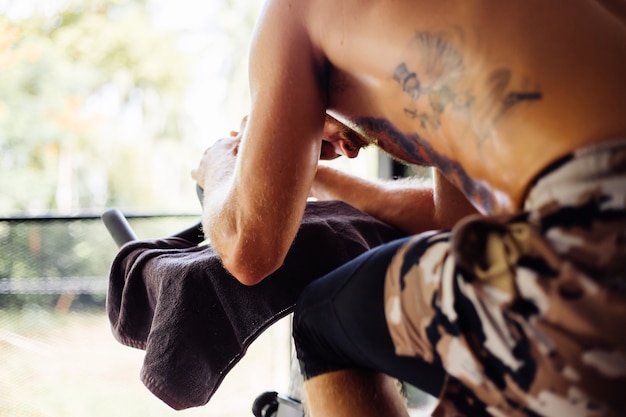If you're a weekend warrior—someone who packs fitness, productivity, and fun into just two days—your sleep quality can make or break your performance. Poor sleep doesn’t just leave you groggy; it affects recovery, focus, and long-term health. The good news? You don’t need a complete lifestyle overhaul to sleep better. With a few short routines and simple, evidence-based habits, you can dramatically improve your rest—starting this weekend.
Weekend warriors often push hard during limited free time, whether it’s hitting the gym, playing sports, or tackling home projects. But without proper recovery, that effort can backfire. Sleep is the body’s prime time for muscle repair, memory consolidation, and hormone regulation. According to the National Sleep Foundation, adults need 7–9 hours of sleep per night, yet many fall short—especially those with irregular schedules.
Research shows that even one night of poor sleep can reduce athletic performance by up to 30%. Chronic sleep deprivation increases injury risk, weakens immunity, and impairs decision-making. For weekend warriors, optimizing sleep isn’t a luxury—it’s a performance necessity.

Checklists work. From surgeons to pilots, high-performers rely on them to reduce errors and ensure consistency. The same principle applies to sleep. A simple, repeatable checklist helps signal to your brain that it’s time to wind down—no willpower required.
Here’s a beginner-friendly sleep checklist you can start tonight:
You don’t need to do everything perfectly. Focus on consistency, not perfection. Start with one or two habits and build from there. Here are three simple, science-backed habits to prioritize:
Your circadian rhythm—the internal clock that regulates sleep—responds strongly to light. Morning sunlight helps set this clock. Aim for 10–15 minutes of natural light within an hour of waking. This boosts daytime alertness and improves nighttime sleep quality.

Your brain needs time to transition from active to restful. A consistent pre-sleep routine strengthens this signal. Try a 10-minute wind-down: read a physical book, practice deep breathing, or write down tomorrow’s top three tasks. This reduces mental clutter and anxiety.
Your bedroom should be a sleep sanctuary. Keep it dark, quiet, and cool. Use blackout curtains, a white noise machine, or earplugs if needed. A comfortable mattress and pillows also make a difference—especially if you’re physically active.
Weekend warriors face unique sleep challenges: late nights, social events, and irregular schedules. Here’s how to stay on track:
Sleep science is clear: consistency and environment are key. A 2022 study in Sleep Medicine Reviews found that behavioral interventions—like sleep hygiene and stimulus control—are effective for improving sleep onset and quality. Another study showed that reducing blue light exposure in the evening increases melatonin production, helping you fall asleep faster.
The best part? These strategies require no special tools or prescriptions. They’re accessible, low-cost, and sustainable.
You don’t need to wait for Monday to improve your sleep. This weekend, pick one habit from the checklist—maybe turning off screens an hour before bed or setting a firm bedtime. Track how you feel the next day. Over time, stack more habits. Small changes compound into real results.
Better sleep means better energy, sharper focus, and faster recovery. For weekend warriors, that’s the ultimate performance edge.
Sleep smarter, not harder—and wake up ready to conquer your weekend.

Wellness

Wellness

Wellness

Wellness

Health

Health

Wellness

Fitness

Wellness

Health

Wellness

Fitness

Health

Fitness

Health

Health